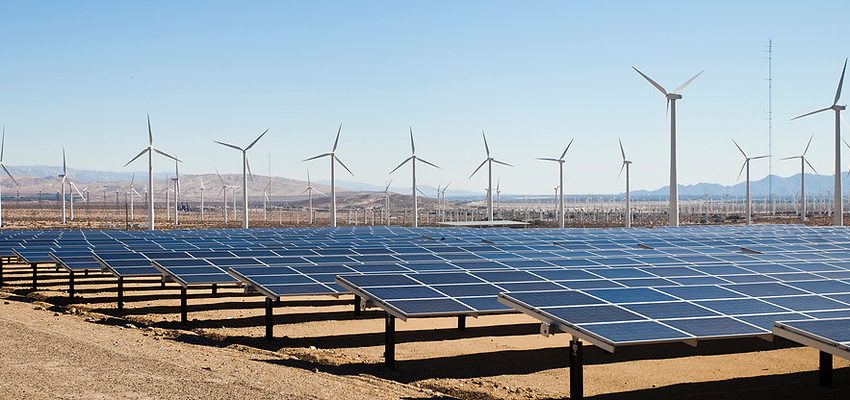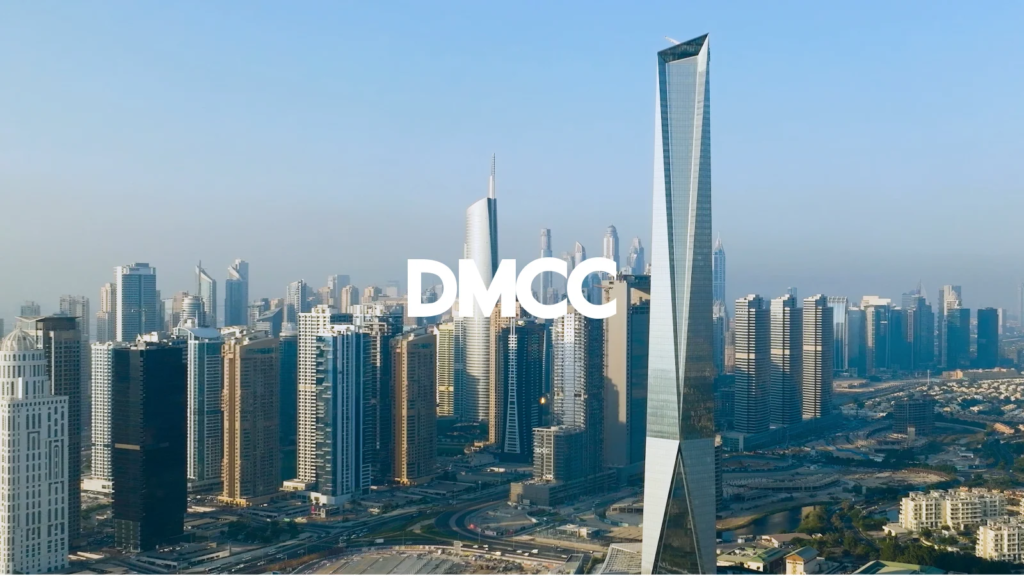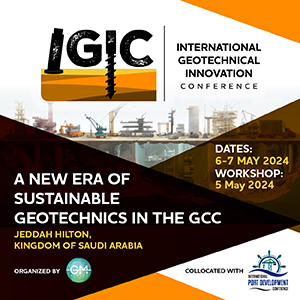
globalbizmag.com
GCC countries can look at Green Finance to unlock $2 trillion by 2030
As countries across the world have pledged to achieve net zero emissions between 2050 and 2070, green finance is emerging as an alternate option for the GCC countries to unlock $2 trillion in cumulative economic output and to create more than one million jobs by 2030, Strategy & Middle East, which is part of the PwC network, said in a report.
The GCC governments have made some headway in transitioning away from carbon-based industries, diversifying their economies, and stopping the decline in FDI. They can do far more by capitalizing on their advantages in renewable energy and embracing green finance, the report said.
Green finance represents a significant, and currently untapped, opportunity for the countries of the Middle East, particularly the GCC countries, which have well-developed capital markets. Investors around the world are pouring capital into projects with a strong environmental, social, and governance (ESG) angle, precisely the area in which they have an advantage because of their abundant and low-cost renewable energy.
“Our analysis has found that green investments in six key GCC industries could have a profound impact by 2030, unlocking up to US$2 trillion in cumulative GDP contribution, creating more than 1 million jobs, and encouraging foreign direct investment (FDI),” the report said.
Environmental Stability
To capitalize on this opportunity and continue the process of diversifying regional economies away from fossil fuel–based industries, governments in the region need to focus on four priorities: promoting environmental sustainability; creating a green sovereign wealth fund; strengthening capital markets; and developing standard and transparent reporting mechanisms for environmental performance.
Aurelien Vincent, partner at Strategy& Middle East, said: “Investors around the world are pouring capital into projects with a strong environmental, social and governance [ESG] angle.”
“Our analysis has found that green investments in six key GCC industries could have a profound socio-economic impact that has the potential to create over one million skilled jobs and turbocharge foreign direct investment in highly sustainable industries,” he said.
Governments in the six-member economic bloc of GCC are increasingly boosting investment in green projects and sustainability-linked schemes that follow ESG standards. Building greener economies, climate action and the sustainable investing are among central planks of economic overhaul agenda of the governments in the region.
Green Financing
Green financing involves structured financial instruments that are created specifically to fund environment, ecology or sustainability-related projects. It includes an array of loans and bonds to encourage the development of projects in sectors such as renewable energy, energy efficiency, pollution prevention, biodiversity conservation and circular economy initiatives. Globally, the green bond market is estimated to reach $2.36 trillion by 2023, according to the World Economic Forum.
It is increasingly becoming popular in the Mena region, especially in the GCC, where several ecologically focused and renewable energy projects are being developed. Saudi Arabia and the UAE, the two largest Arab economies are already home to some of the largest solar plants in the world and are investing heavily in clean fuels such as hydrogen.
Strategy & said there are clear opportunities in green hydrogen where production technologies are easily accessible, reducing barriers to entry.
“Based on our global supply and demand analysis, exporting countries can potentially capture a market of approximately 200 million tonnes of green hydrogen by 2050, worth $300 billion per annum. The green hydrogen export market can also create 400,000 operations and maintenance jobs,” the report said. Anthony Yammine, Principal at Strategy& Middle East, said: “GCC countries also have some of the highest solar exposures in the world. A solar-photovoltaic panel in a GCC country produces twice as much output as it would in Germany or any climatically similar European country ― 1,750 to 1,930 hours of full-load operation per year,” he added.













